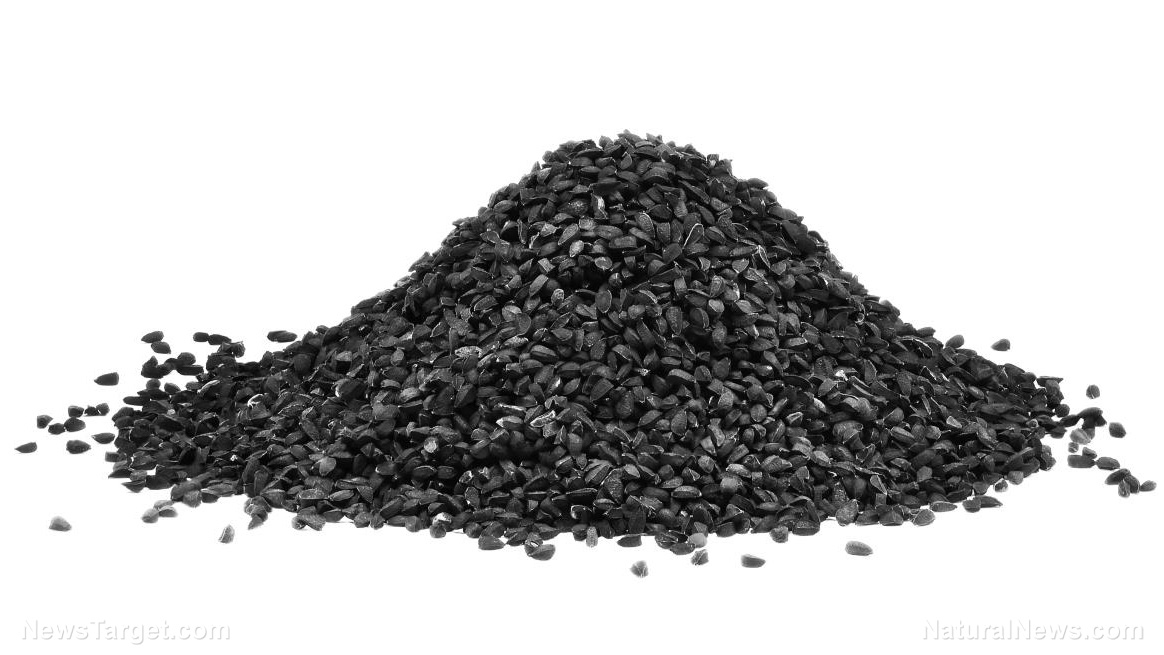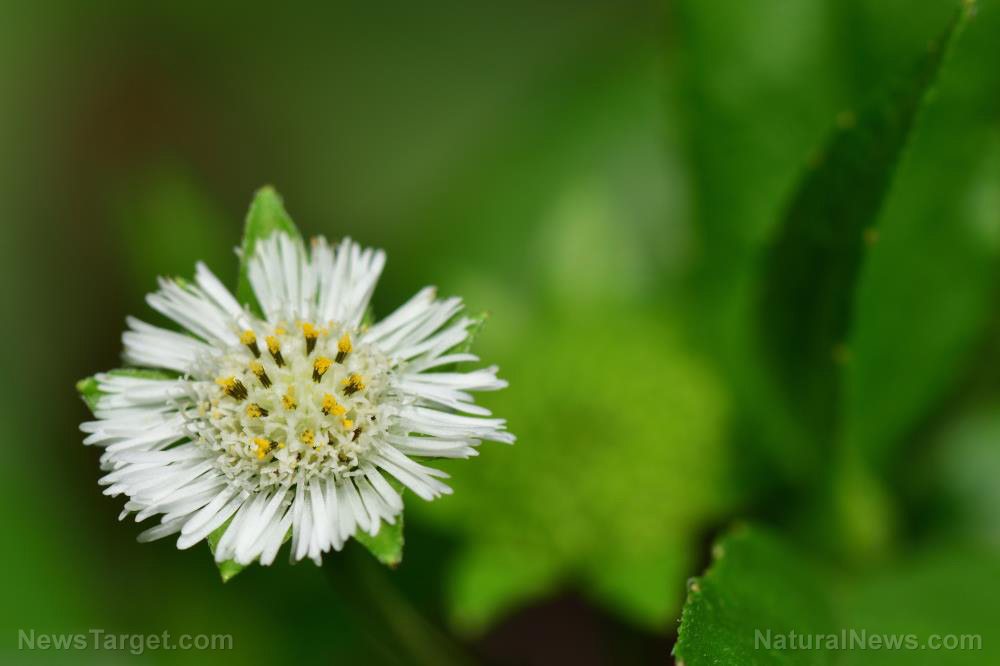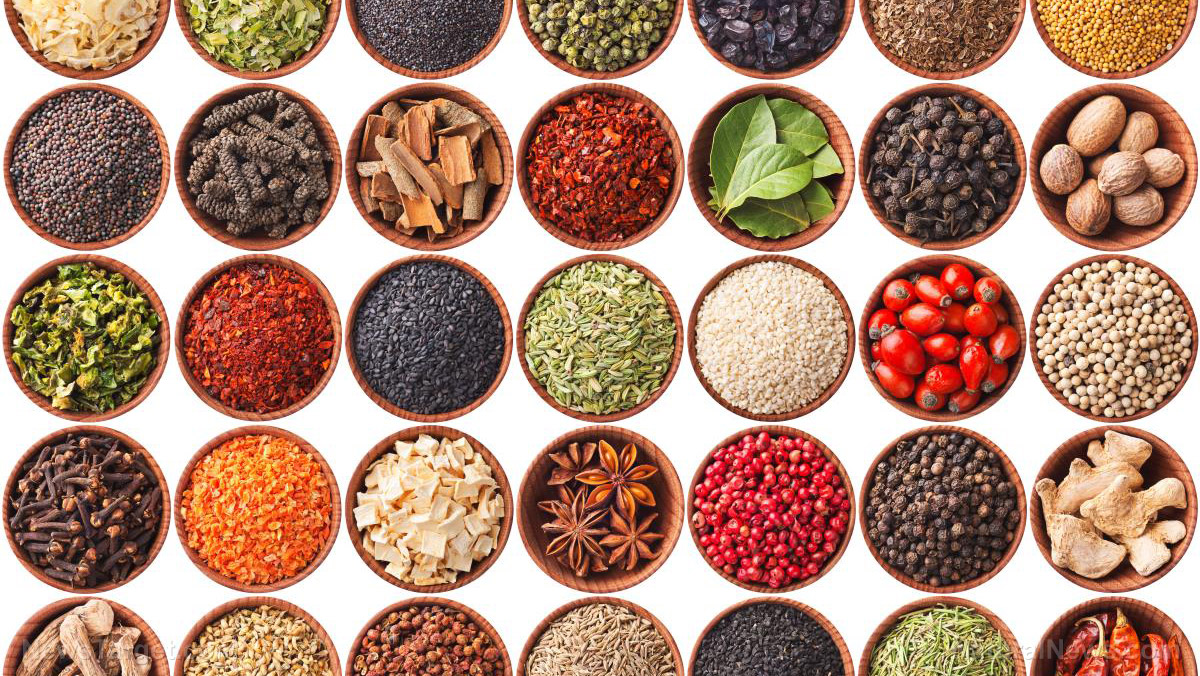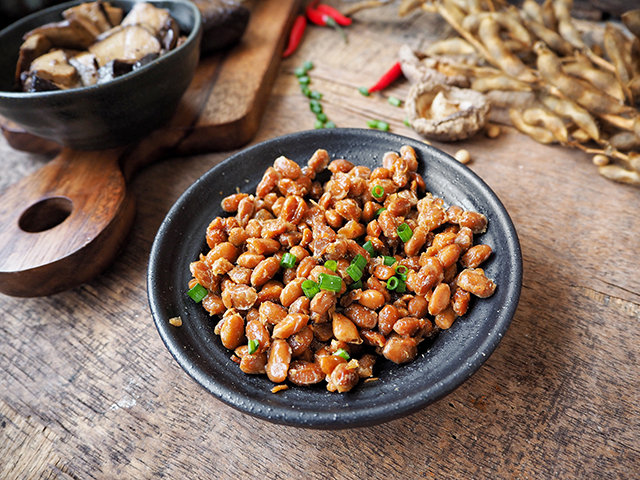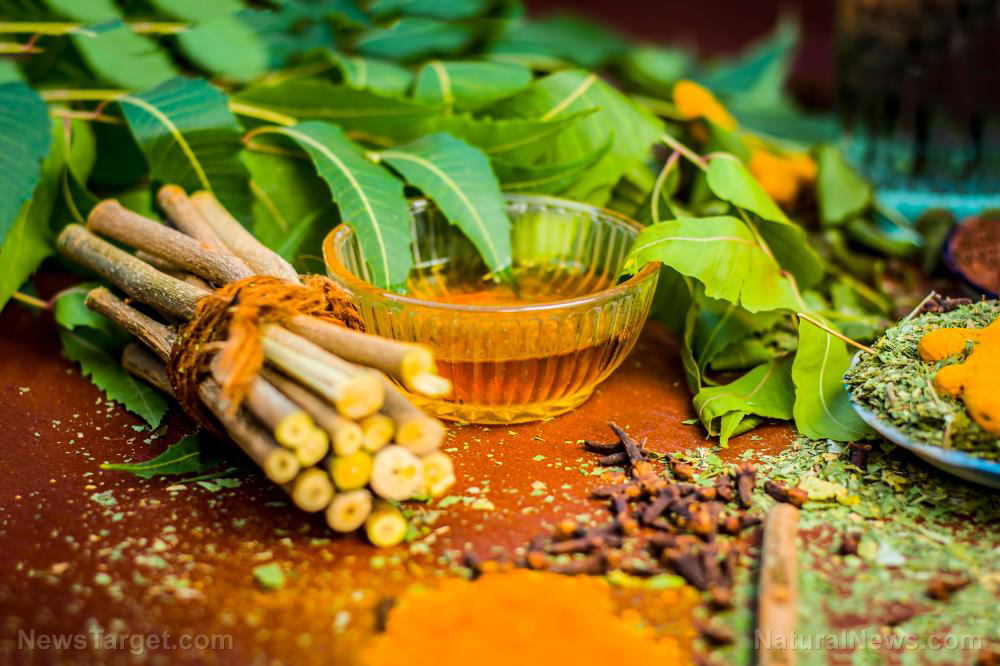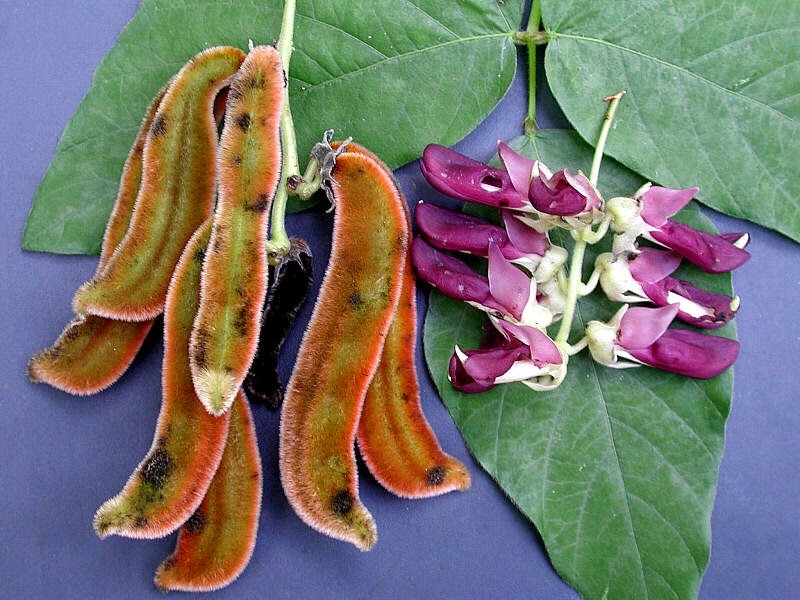Natural remedies for osteoporosis: Several medicinal plants have been found to improve bone health without the side effects of medication
09/23/2018 / By Janine Acero
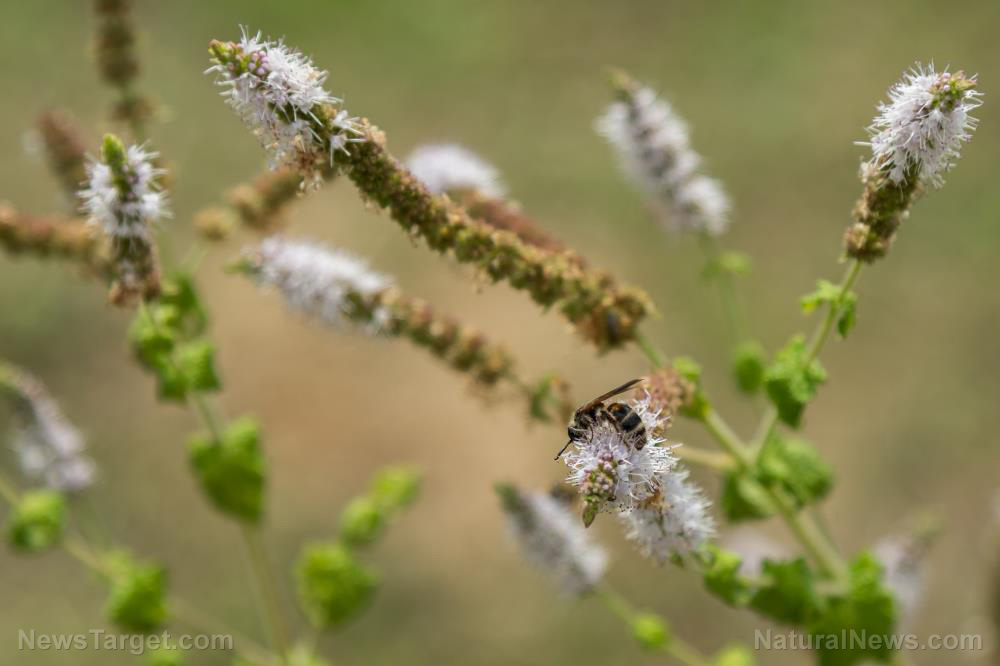
Osteoporosis is the most common type of bone disease. There are numerous medications and treatments for it, but various natural remedies have yet to be fully explored. In line with this, a new research published in the African Journal of Traditional, Complementary and Alternative Medicines featured some medicinal plants that exhibited potential bone-improving properties without the side effects of conventional medications.
Bone deterioration
Osteoporosis, which means “porous bone,” is a condition wherein there is an increased bone weakness due to reduced bone density and mass. This makes the bones fragile and brittle, and prone to fracture from accidents such as a fall, or even from minor knocks (in advanced cases). Bone breakage is particularly common in the hip, spine, and wrist. Osteoporosis is often called a silent disease because the sufferer will not feel their bones weakening.
Osteoporosis occurs when the body fails to form enough new bone in place of old ones, or too much old bone tissue was reabsorbed. Sufficient amounts of the minerals calcium and phosphate in the body are essential for normal bone production. Otherwise, the bones may become weaker and affect a person’s overall quality of life.
Advanced osteoporosis is characterized by height loss or gradual curving of the spine, which often leads to a stooped or hunched posture. Majority of osteoporosis sufferers are women aged 50 years and older.
Managing osteoporosis with plants
In the study titled Osteoprotective Medicinal Plants – Part 1 (A Human Clinical Evidence-based Review), eight medicinal plants were analyzed for their potential bone-enhancing properties and their abilities to accelerate fracture healing:
Mother Nature's micronutrient secret: Organic Broccoli Sprout Capsules now available, delivering 280mg of high-density nutrition, including the extraordinary "sulforaphane" and "glucosinolate" nutrients found only in cruciferous healing foods. Every lot laboratory tested. See availability here.
- Black cohosh (Actaea racemosa) – The black cohosh is a herbal supplement used for managing menopausal symptoms. It could help stimulate osteoblasts, which are the cells that help reform bone.
- Veld grape (Cissus quadrangularis) – Commonly known as harjor in Hindi, this Indian perennial plant is abundant in Asian countries such as India and Sri Lanka. C. quadrangularis has been used in Ayurvedic medicine to provide relief for pain and inflammation, which helps promote faster bone recovery.
- Siberian ginseng (Eleutherococcus senticosus) – The dried extract of Siberian ginseng stem bark was found to prevent bone loss without the influence of hormones such as estrogen, suggesting that it can prevent postmenopausal osteoporosis.
- Horny Goat Weed (Epimedium spp.) – Commonly used as a sexual aphrodisiac, the horny goat weed is also used in traditional Chinese medicine in strengthening bones, thanks to a flavonoid called Icariin, which has been proven to increase bone mineral density (BMD).
- Soybean (Glycine max) – Soy-rich diets could be helpful in preventing age-related bone loss and decreasing fracture risk in postmenopausal women, thanks to compounds known as isoflavones. These compounds are similar to estrogen, and are abundantly found in soybeans.
- Panax ginseng (Panax notoginseng) – Similar to soybeans, the notoginseng is found to promote bone formation in menopausal women due to its osteo-active phytochemicals called saponins. The powdered root of notoginseng can be taken orally with no side effects.
- Kwao Krua (Pueraria mirifica) – This plant is native to Myanmar and Thailand and is commonly used as female hormone supplement. Animal studies showed that kwao krua can alleviate cortical bone loss in menopausal monkeys. In human models, it showed potential in reducing alkaline phosphatase. Abnormal levels of this type of enzyme are known to cause bone issues.
- Red sage (Salvia miltiorrhiza) – This plant has been used in traditional Chinese medicine to treat skeletal diseases. Research found that compounds in the red sage can block the enzyme Cathepsin K, which breaks down collagen in the bones during osteoporosis.
The medicinal plants that have been included in clinical studies showed potential in promoting bone formation and acceleration of bone healing in osteoporosis. The results could promote more natural remedies to be the preferred treatments over conventional osteoporosis medications.
Want to know the different ways to naturally heal the body? Head on to ChineseMedicine.news to find out more.
Sources include:
Journals.SFU.ca [PDF]
Tagged Under: alternative medicine, bone density, bone health, bone mass, broken bones, Fractures, herbal medicine, Herbs, medicinal plants, natural medicine, natural remedies, Natural Treatments, osteoporosis, treatments for osteoporosis

